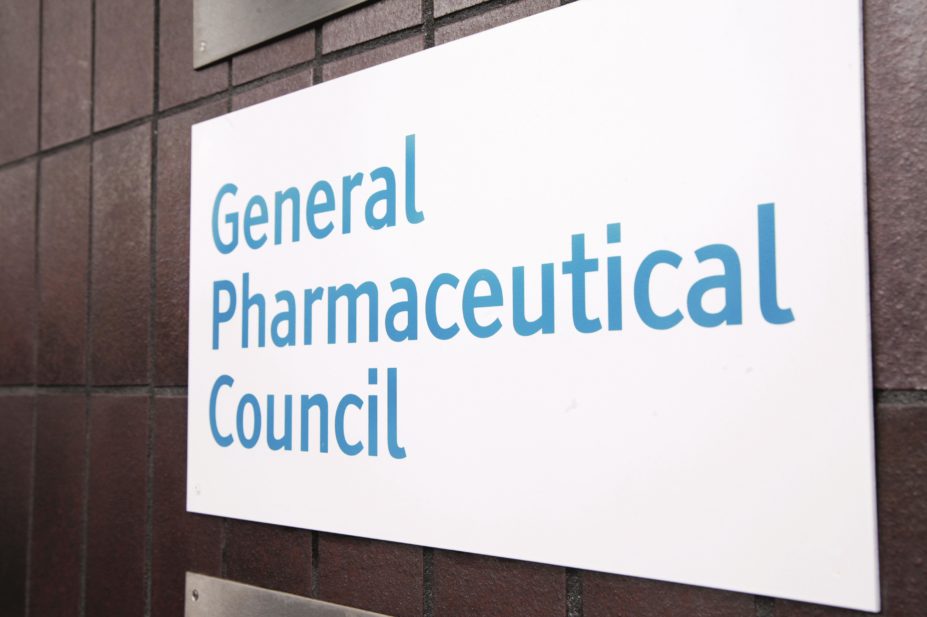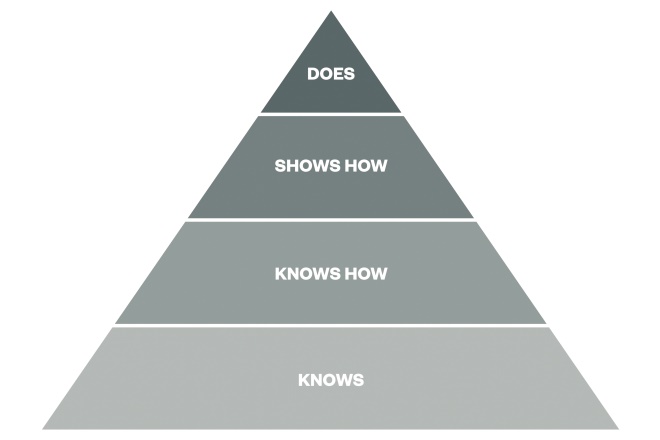
General Pharmaceutical Council
Updated standards for the initial education and training of pharmacy technicians were approved in principle at a council meeting of the General Pharmaceutical Council on 7 September[1]
.
Registering as a pharmacy technician will require completion of an approved knowledge and competency training programme, which can be completed face-to-face, at a distance or online, and a minimum of two years’ experience in a UK pharmacy workplace supervised by a pharmacist or pharmacy technician.
The new standards, which were previously revised in 2010[2]
, also set out the criteria providers must meet to have their pharmacy technician course approved by the GPhC.
Under the existing standards, the supervisor has to be a pharmacist, and pharmacists were also able to register as technicians automatically; but once the new standards come into force this will no longer be the case.
While existing standards focus predominantly on modules trainees should have completed and the knowledge accrued, the updated standards fall under four domains: person-centred care, professionalism, professional knowledge and skills, and collaboration.
The updated standards will use an established four-level competence and assessment hierarchy known as ‘Miller’s triangle’ – knows, knows how, shows how, and does – and the level required will vary for each of the 53 individual criteria. For example, under professional knowledge and skills, applicants will need to recognise adverse drug reactions and interactions and respond appropriately [does], but only know how to safely and legally dispose of medicines and other pharmaceutical products [knows how].

Figure 1: Miller’s triangle
The updated standards will use an established four-level competence and assessment hierarchy.
As the type of outcomes being assessed at each of the four levels differ, so do the assessment methods used. Knowledge will be assessed using essays, oral examinations and multiple-choice question examinations (MCQs).
Context-based tests, including laboratory books and perhaps oral examinations, will test that the applicant knows how to use knowledge and skills; and applicants will then have to show they know how they use their knowledge through observed assessment, including objective structured clinical examinations (OSCEs), simulated patient assessments, carrying out and reporting an experiment, dispensing tests and taking a patient history.
The GPhC said it expects courses based on the updated standards to start from September 2018.
References
[1] General Pharmaceutical Council. GPhC gives green light to updated training standards for pharmacy technicians. Available at: https://www.pharmacyregulation.org/sites/default/files/2017-09-07_-_17.09.c.01a_appendix_1_-_standards_for_the_initial_education_and_training_of_pharmacy_technicians_.pdf (accessed 12 September 2017)
[2] General Pharmaceutical Council. Standards for the initial education and training of pharmacy technicians. Available at: https://www.pharmacyregulation.org/sites/default/files/Standards%20for%20the%20initial%20education%20and%20training%20of%20pharmacy%20technicians%20s.pdf (accessed 12 September 2017)


